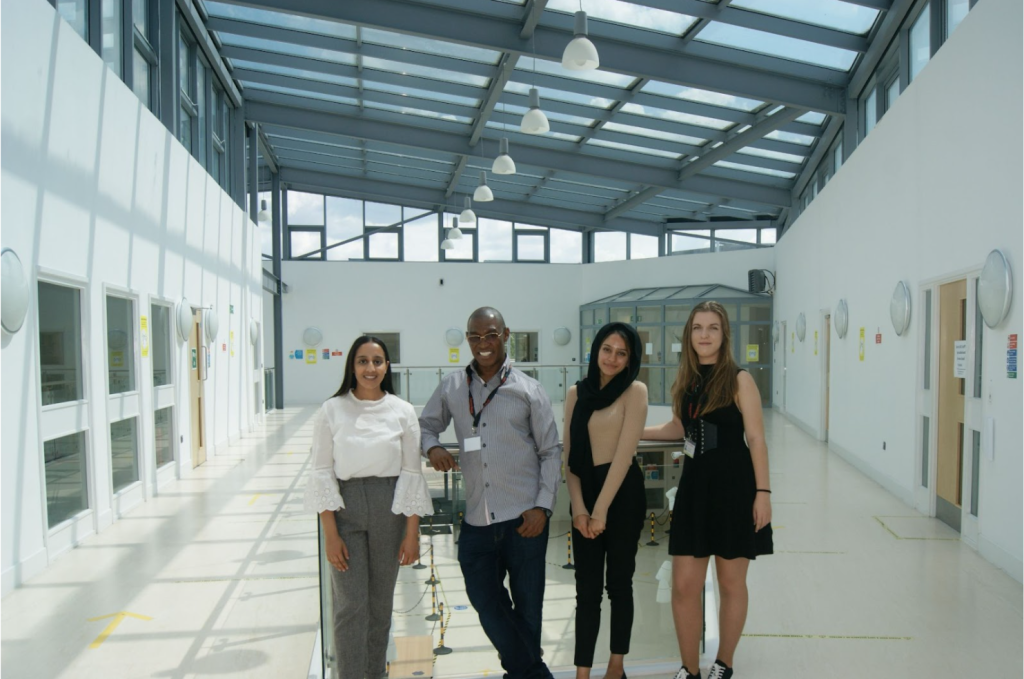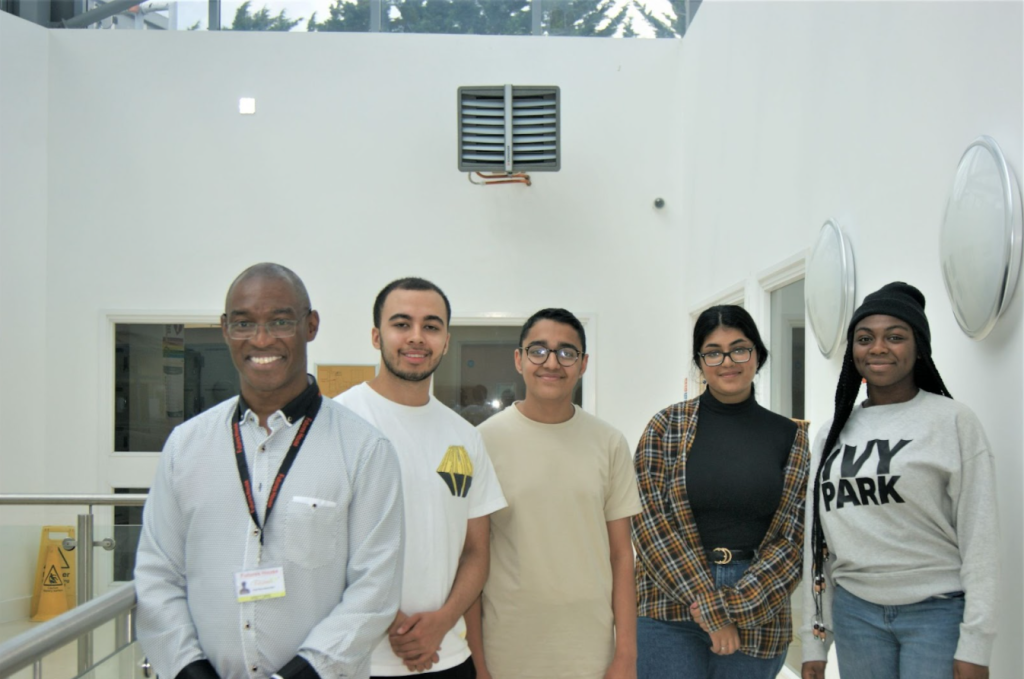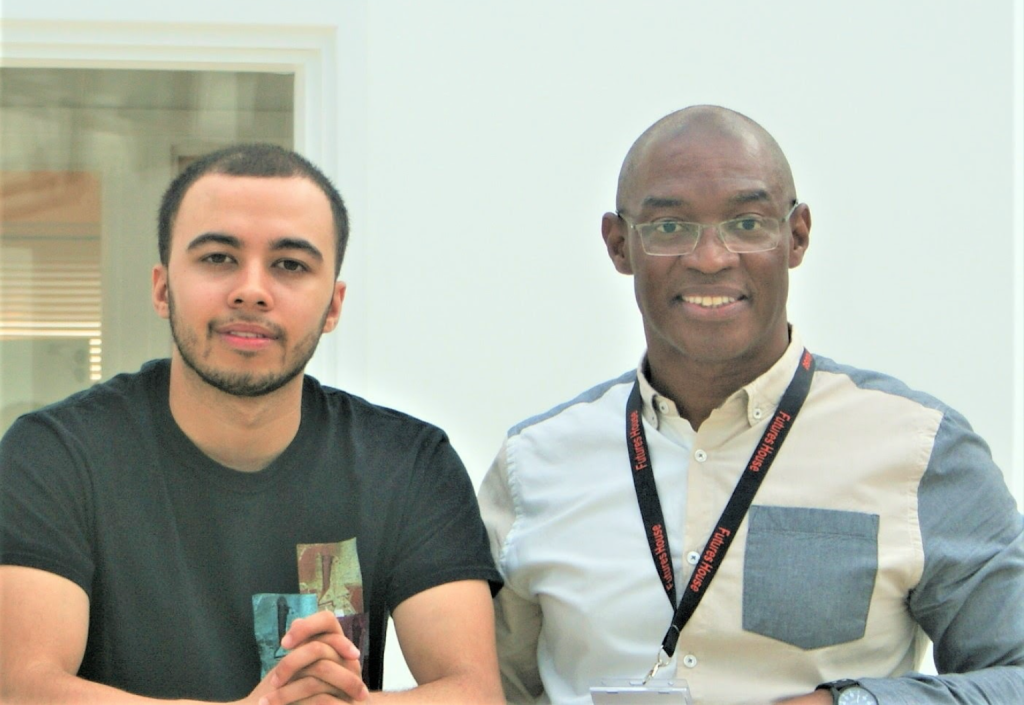
Montell Neufville is a founder of Att10tive and the chair of the Bedfordshire Police Community scrutiny panel that scrutinises Stop and Search and the use of force. This panel is considered to be one of the model scrutiny panels in the UK.
He also chairs a variety of committees and seats on boards including, school governing bodies, council committees, Young enterprise and a New Deal for communities’ regeneration board, as well as chairing a Youth network board.
For the past 10 years, he delivered training workshops to members of the community including young people, and over 100 sessions to police officers.
He is seen as the champion of Luton’s youth excellence.
Since its creation, Att10tive has engaged with over 2000 young people and runs a wide range of workshops from employability skills and anti-bullying, to workshops around knife crime and biases.
Some of the participants have gone on to do senior or prestigious jobs in public service or even opened up their own businesses.
- Can you tell us about Att10ntive? And why?
The name att10tive comes from being attentive, paying attention, and taking notes. Our main aim is active learning, every day is a learning opportunity, the more you pay attention the better. The “10” came from a European workshop. I used to go to many European countries before Brexit to deliver workshops. We found it’s good to have a mix of numbers and letters to make a name unique and memorable. Our participants are anyone who wants to learn and grow. our methods are non-formal education and active learning
- What concern do you have about young people in Luton?
We are not equipping young people to be the best that they can be and to fit into the world that they will inherit. We prepare them for our world and their parents’ world, where there were jobs for life and where you selected what career you wanted to do. The world they will enter is different and the skills are different, young people will need adaptability, creative skills, to use their initiative, flexibility, and good communication skills. Technology is changing very fast and will impact their lives even more than our lives. Ten years ago, there were few mobile phones, in ten years’ time, we will talk to our houses to make everything. So jobs will be different and ways to make money and careers will be different. I find generation Z struggling to engage and speak to each other, much like those people born in the 1960s and 1970s. People born in the 2000s in this Millenium find communicating hard.

- Do you think that Att10ntive will redefine the future of young people in Luton?
We try to redefine young people by equipping them to be the change they want to see in the world. by giving them skills they would not learn in traditional jobs or education and by encouraging them to network and meet influential decision-makers. Our aim is to give them the tools to make a positive difference.

- What do young people really need in Luton?
What else do they need? I would say mentoring, advice and guidance, the ability to solve problems, conflict resolution skills, the ability to integrate and meet people not like them. The ability and opportunity to use their creative skills and passions. The skills to resolve conflicts without resorting to bullying or to carrying weapons.